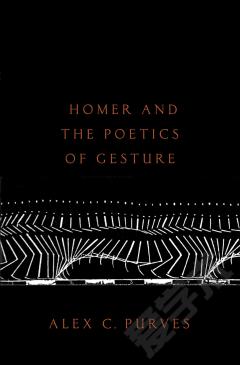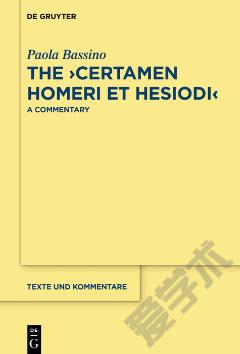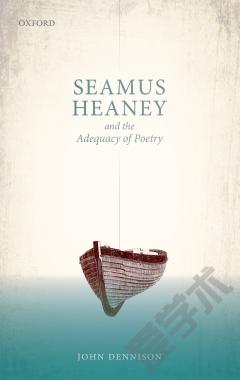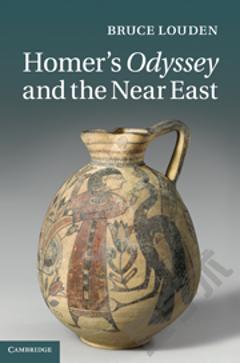Homer and the Poetics of Hades
In this thesis I examine Homerâs use of Hades as a poetic resource that allows a different approach to the epic past than the one provided through Muse-inspired narrative. By portraying Hades as a realm where vision is not possible (A - ides), I argue, Homer creates a unique poetic environment in which social constraints and divine prohibitions are not applicable. The result is a narrative that emulates that of the Muses but at the same time is markedly distinct from it, as in Hades experimentation with, and alteration of, important epic forms and values can be pursued, giving rise to a different kind of poetics. I have called this the âPoetics of Hades.â In the Iliad, Homer offers us a glimpse of how this alternative poetics works through the visit of Patroclusâ shade in Achillesâ dream. The recollection offered by the shade reveals an approach to its past in which regret, self-pity and a lingering memory of intimate and emotional moments displace an objective tone, and a traditional exposition of heroic values such as kleos and timÄ. I argue that the potential of Hades for providing alternative means of commemorating the past is more fully explored in the âNekyiaâ of Odyssey 11; there, Odysseusâ extraordinary ability to see (idein) the dead in Hades allows him to meet and interview the shades of heroines and heroes of the epic past. The absolute confinement of Hades allows the shades to recount their stories from their own personal point of view. The poetic implications of this, I argue, are important since by visiting Hades and listening to the stories of the shades Odysseus, and Homer with him, gain access to a tradition in which epic values associated with gender roles and even divine law are suspended, in favour of a more immediate and personally inflected approach to the epic past.
{{comment.content}}








 京公网安备 11010802027623号
京公网安备 11010802027623号